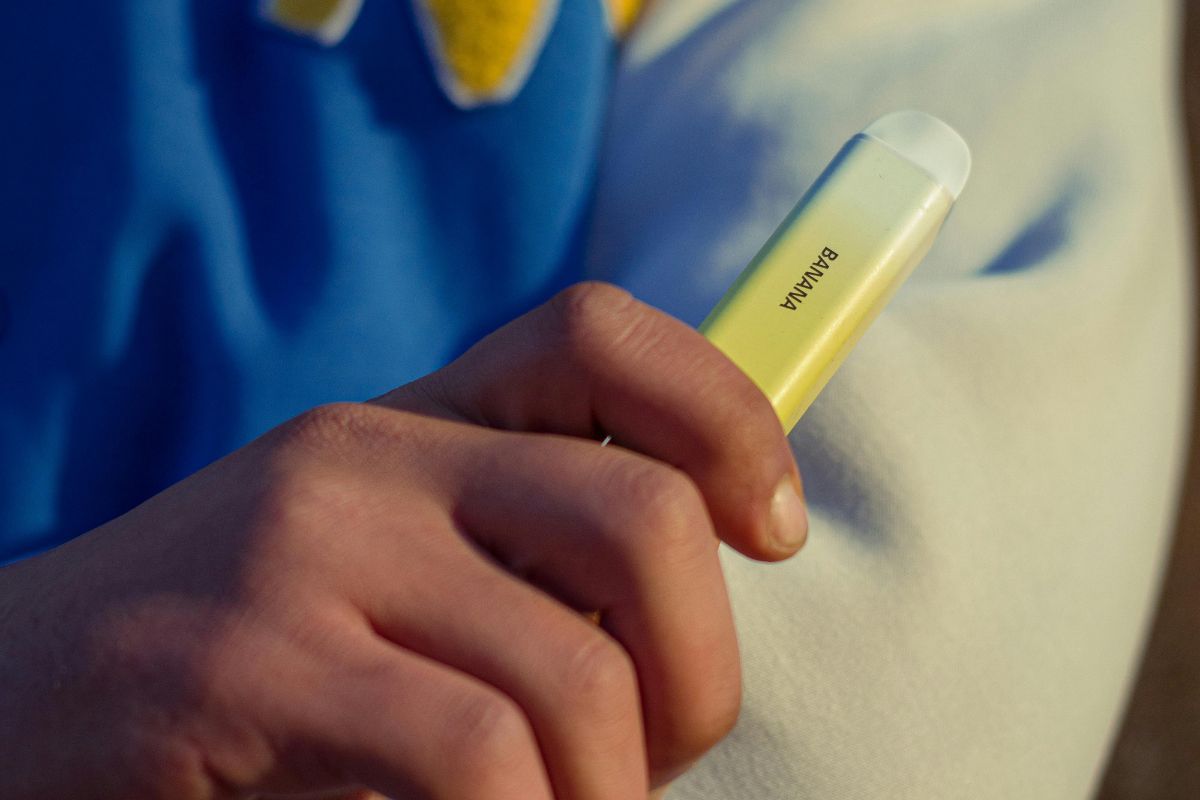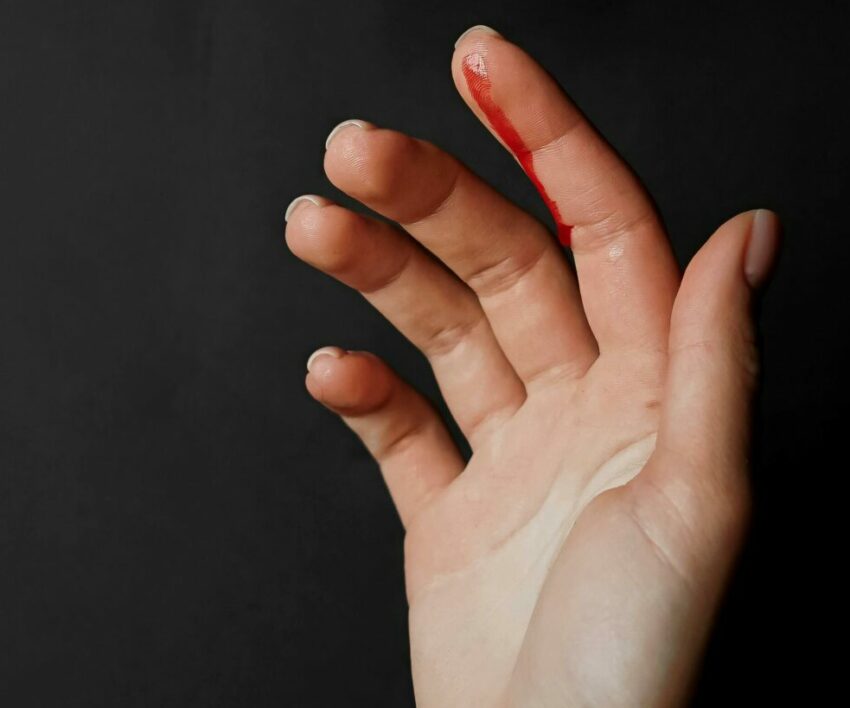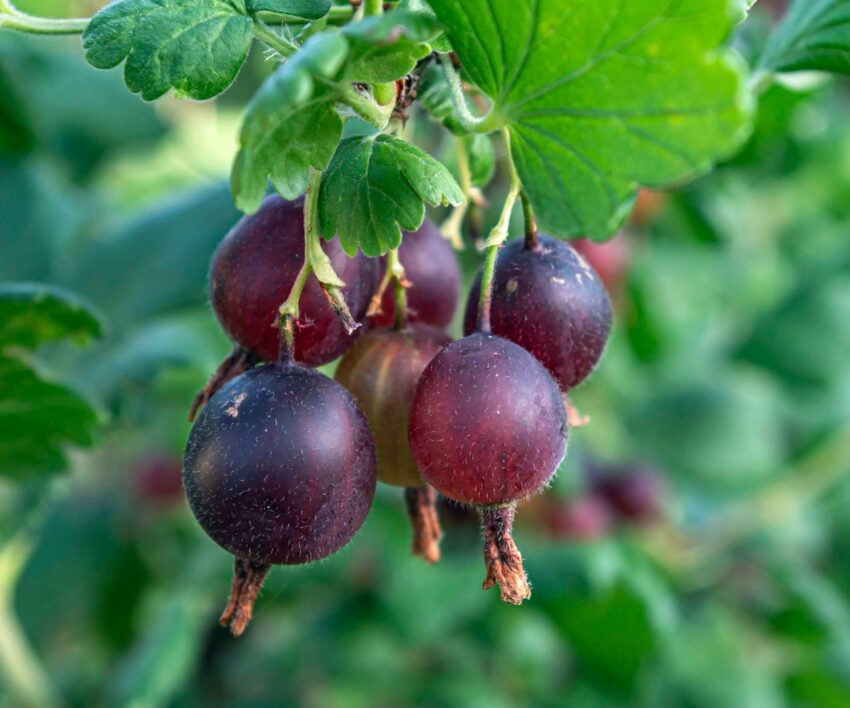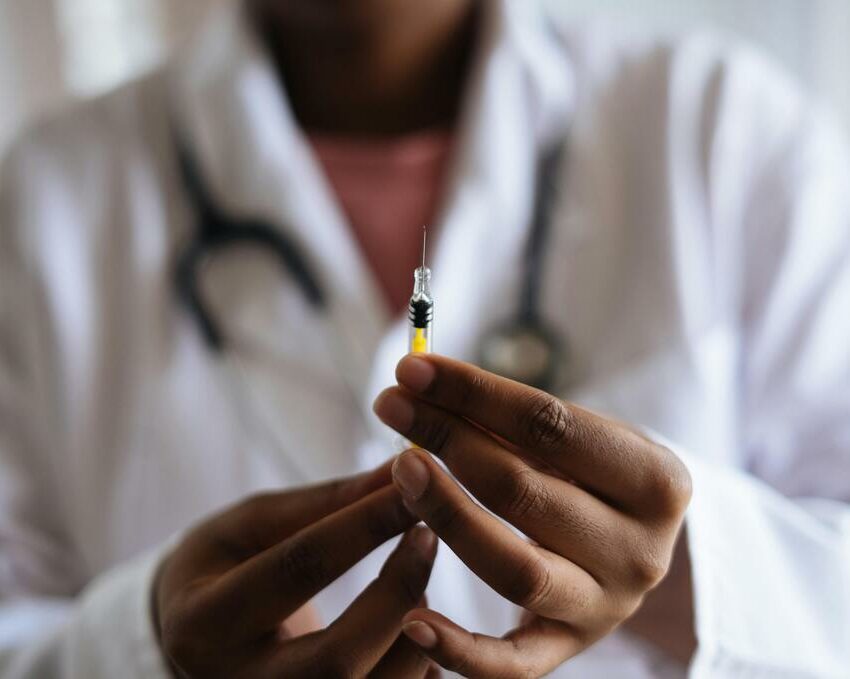Youth vaping is rising sharply in SA, with teens showing high addiction rates as lawmakers delay regulation and retailers continue to sell vapes freely.
Study Highlights Extent of Youth Vaping in South Africa
According to Mail&Guardian a new study conducted by researchers from the University of Cape Town and Utrecht University, surveyed over 25 000 learners from grades 8 to 12, across eight provinces.
The results, published in The Lancet’s eClinical Medicine, are alarming: nearly 17% of teens admitted to currently vaping, with 60% of those showing signs of strong addiction.
The researchers found vaping gets more common the older the learners are, with nearly 30% of grade 12s vaping.
And it’s not just occasional use many said they couldn’t go a full school day without it.
Almost half reported vaping within an hour of waking up, a strong sign of dependence.
Regulatory Gaps Leave Youth Unprotected
According to UCT professor Richard van Zyl-Smit, one of the study’s authors, the country’s lack of regulation is a big part of the problem.
“There’s no law on who can buy vapes or how they’re marketed,” he said. “It’s the Wild West out there.”
Lawmakers tabled the Tobacco Products and Electronic Delivery Systems Control Bill in 2022, but they have yet to pass it.
That delay is costing the country’s youth, experts warns.
Hidden Dangers for Developing Bodies
These products are easy to get. Teens can order them on delivery apps like Checkers Sixty60 and UberEats.
The vapes come in sweet, colourful flavours and marketers promote them as a safer, trendier alternative to smoking. An idea that researchers warn may overlook the full health risks.
Nicotine is still nicotine, and according to scientists, the teen brain and lungs are especially vulnerable.
“We’ve never seen this level of nicotine addiction in teens before—not even with traditional cigarettes,” said Van Zyl-Smit. “Their brains are still developing. Nicotine interferes with that, and the effects can last a lifetime.
Studies have linked vaping to breathing problems, weakened lung function, and even long-term mental health issues like depression and anxiety.
Call for Urgent Intervention
The study’s co-author, Samantha Filby, said she hopes the findings shake the public into action.
“This is a public health crisis in the making,” she said. “We need regulation—age limits, advertising bans, and real enforcement.”
Others in the public health sector agree. Professor Catherine Egbe from the SA Medical Research Council said their own research found over a quarter of university students aged 18 to 24 were already using vapes.
“The industry is targeting youth directly—with sweet flavours, influencers, and shops near schools. It’s intentional,” she said.
The vape industry argues that people misinterpret its role
The vaping industry, for its part, says it doesn’t market to minors.
Asanda Gcoyi, chief executive of the Vapour Products Association of South Africa, said responsible sellers follow a code of conduct, but admitted many do not.
“We’ve urged government to create separate legislation for vaping so regulation can move faster,” he said. But the delay continues.
According to the Department of Health, the bill is still sitting before Parliament.
What actions should be taken to address the rising youth vaping crisis in South Africa?
Let us know by leaving a comment below, or send a WhatsApp to�060 011 021 1.
Subscribe to The South African website’s newsletters and follow us on�WhatsApp,�Facebook, X, and�Bluesky for the latest news.









